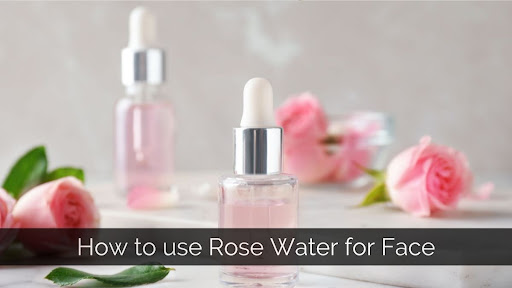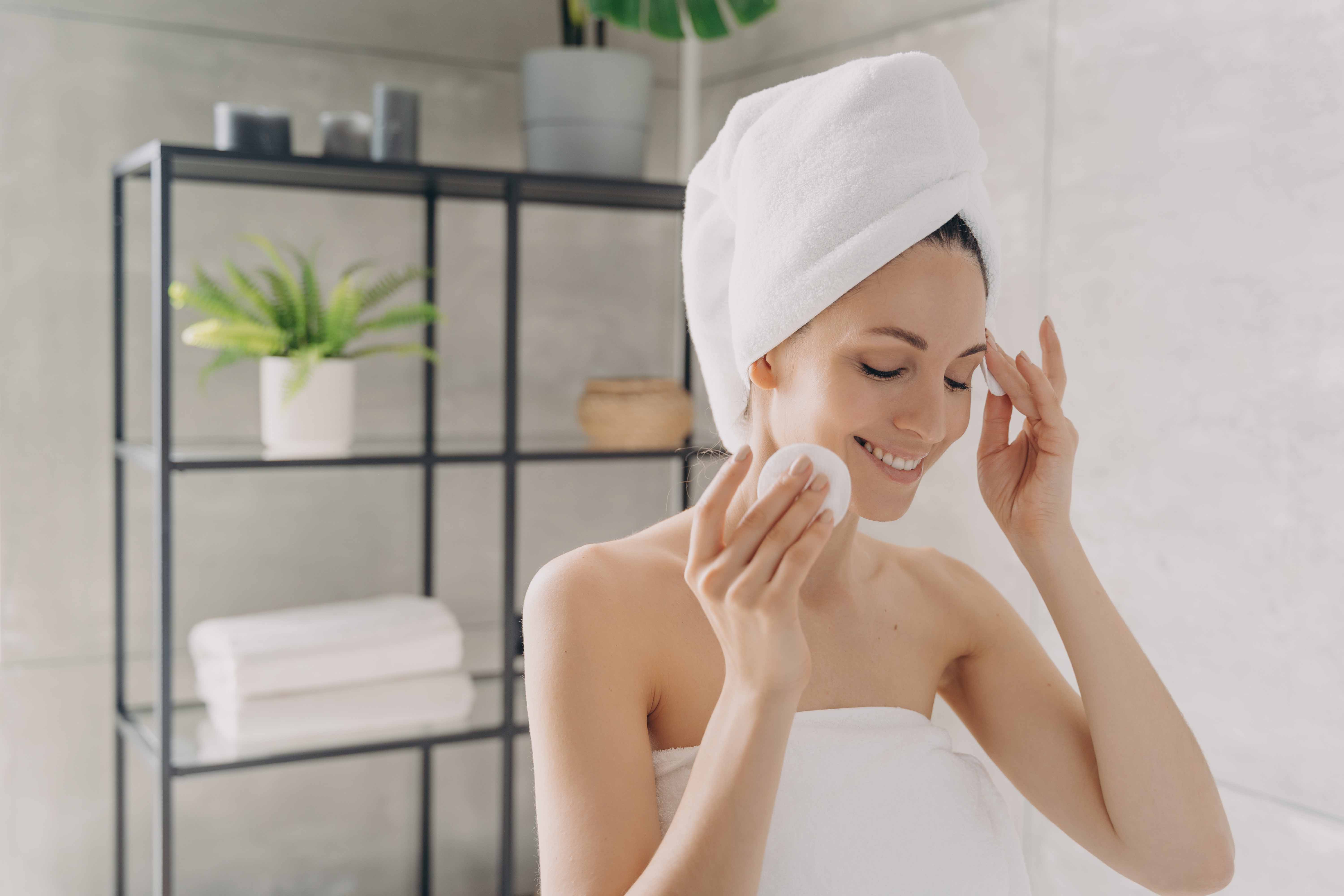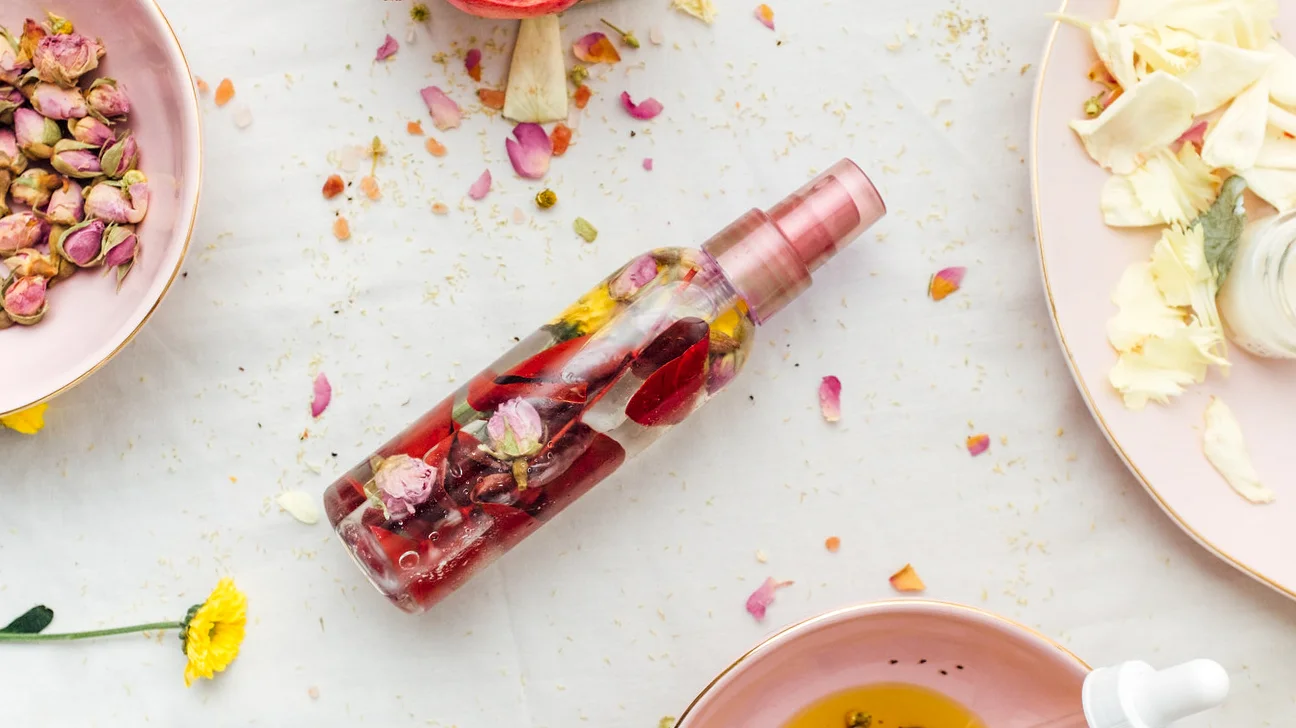How To Use Rose Water For Skin Care - 2024 Guide
Looking for a natural way to enhance your skin care routine? Discover how to use rose water for skin care to hydrate, soothe, and rejuvenate your complexion.
Nov 20, 202421.3K Shares355.7K Views

Rose water has been revered for centuries, not only for its captivating fragrance but also for its remarkable skin care benefits. Known for its hydrating, soothing, antiseptic, anti-inflammatory, and antibacterial properties, rose water is a beauty powerhouse found in products from renowned brands like Fresh and Chantecaille.
For those looking to enhance their skin care regimen without overspending, a simple bottle of pure rose water easily obtainable at health markets can work wonders for both skin and hair.
What Is Rose Water?
Rose water is a fragrant hydrosol created by steaming rose petals in water. This simple yet effective process has been utilized for centuries, especially in the Middle East, where rose water serves both as a beauty treatment and as a flavoring agent in culinary dishes.
Key Features Of Rose Water:
- Natural Ingredient: Made from pure rose petals and water.
- Cultural Significance: Used historically in beauty and medicinal practices.
- Production: It takes about 600 to 700 rose flowers to produce one liter of rose water.
Benefits Of Rose Water For Skin Care
Rose water offers numerous benefits, making it a valuable addition to your skin care routine.
- Hydration: Rose water is a natural moisturizer, penetrating deeply to hydrate without clogging pores.
- Soothing Properties: Its anti-inflammatory effects can calm skin irritation and reduce redness associated with conditions like eczema and rosacea.
- Antioxidant Effects: Rich in antioxidants, rose water protects skin cells from free radicals, helping to prevent premature aging.
- Balancing Natural Oils: It helps clarify and balance skin's natural oils, making it ideal for oily and combination skin types.
- Reducing Fine Lines and Wrinkles: Regular use can diminish the appearance of fine lines, promoting elasticity and firmness.
- Healing Cuts and Scars: The antiseptic properties aid in the healing of cuts, burns, and scars.
- Enhancing Mood: The calming scent of rose water can reduce anxiety and promote relaxation.
Additional Health Benefits
- Soothing Sore Throats: Rose water has been traditionally used to soothe sore throats.
- Digestive Aid: Some anecdotal evidence suggests it may aid digestion.
How To Use Rose Water In Your Skincare Routine
Incorporating rose water into your daily routine is simple. Here are some effective ways to use it:
1. As A Toner
Using rose water as a toner is a fantastic way to prep your skin after cleansing.
How to Use:
- Apply to a cotton pad.
- Sweep it across your face and neck to remove impurities and hydrate your skin.
2. In Face Masks
Enhance your DIY face masks by using rose water instead of regular water.
Recipe Example:
- Mix rose water with honey or yogurt for a hydrating mask.
- Leave on for 15-20 minutes before rinsing.
3. As A Facial Mist
A chilled bottle of rose water makes for an excellent mid-day refresher.
How to Use:
- Store in the refrigerator.
- Spritz on your face for instant hydration and rejuvenation.
4. To Refresh Makeup
Makeup artists often use rose water as a setting spray or to refresh makeup during long days.
Usage Tip:
A few spritzes can prep the skin before applying makeup and help maintain a flawless look throughout the day.
5. For Hair Care
After shampooing, use rose water as a rinse to enhance shine and hydration.
How to Use:
- Mix two tablespoons of rose water with a cup of water.
- Pour it over your hair after conditioning for added softness.
6. To Soothe Razor Burn
If you experience razor burn, applying rose water can provide relief.
Application:
Use a cotton pad to apply it to the affected area to calm redness and irritation.
7. In Baths
Adding rose water to your bath creates a luxurious experience.
How to Use:
Pour a few tablespoons into the bath for hydration and a soothing aroma.
8. Additional DIY Ideas
Consider these creative uses for rose water:
- Rose Water Hair Mask: Mix with other nourishing ingredients for hair care.
- Foot Soak: Combine with warm water and Epsom salt for a relaxing soak.
DIY Recipes Using Rose Water
Creating your own rose water products at home is simple and rewarding. Here are some recipes:
1. Rose Water Facial Mist
Ingredients:
- 1 cup rose water
- 1 tablespoon glycerin (optional)
Instructions:
Combine in a spray bottle and shake. Use throughout the day for hydration.
2. Rose Water And Aloe Vera Gel
Ingredients:
- 2 tablespoons rose water
- 2 tablespoons aloe vera gel
Instructions:
Mix thoroughly and apply as a soothing gel.
3. Rose Water Scrub
Ingredients:
- 1 cup sugar
- 1/2 cup rose water
- 1/4 cup olive oil
Instructions:
Combine all ingredients for a gentle exfoliating scrub.
4. How To Make Rose Water At Home
Instructions:
- Fill a pot with fresh rose petals and cover them with distilled water (just enough to cover the petals).
- Cover the pot, turn the heat to low, and slowly bring it to a boil.
- Turn off the heat and let it cool to room temperature.
- Strain out the petals and pour the liquid into a clean, sanitized bottle.
Choosing And Storing Rose Water
Choosing Quality Rose Water
When selecting rose water, look for:
- 100% pure rose water: Ensure no artificial fragrances, dyes, or unnecessary ingredients.
- Organic certification: Best for purity and effectiveness.
Proper Storage Methods
- Store in a cool, dark place.
- Refrigerate to prolong shelf life and enhance soothing properties.
Forms, Doses, And Potential Risks
Rose water can be used topically or ingested.
Safety Tips:
- Ensure you choose pure rose water for consumption, checking labels for any added ingredients.
- Generally, there are no significant risks unless allergic to roses.
Common FAQs About Rose Water For Skin Care
What Does Rose Water Do For Your Face?
Balances natural oils, reduces redness, hydrates the skin, and offers antioxidant protection.
Is Rose Water Safe?
Yes, pure rose water is safe for most individuals. Always check labels for added ingredients.
Can You Drink Rose Water?
Only pure rose water is safe to drink; check labels for additional ingredients.
Is Rose Water Effective As A Toner?
Absolutely! It hydrates, balances oils, and provides a refreshing scent.
Conclusion
Incorporating rose water into your skin care routine can provide numerous benefits, from hydration to soothing irritated skin. This versatile ingredient is easy to use and can be tailored to suit various needs. Embrace the beauty of rose water, and unlock the secrets to radiant, healthy skin!
You Might Like: What Is The Best Soil For Growing Healthy Roses?
Latest Articles
Popular Articles

